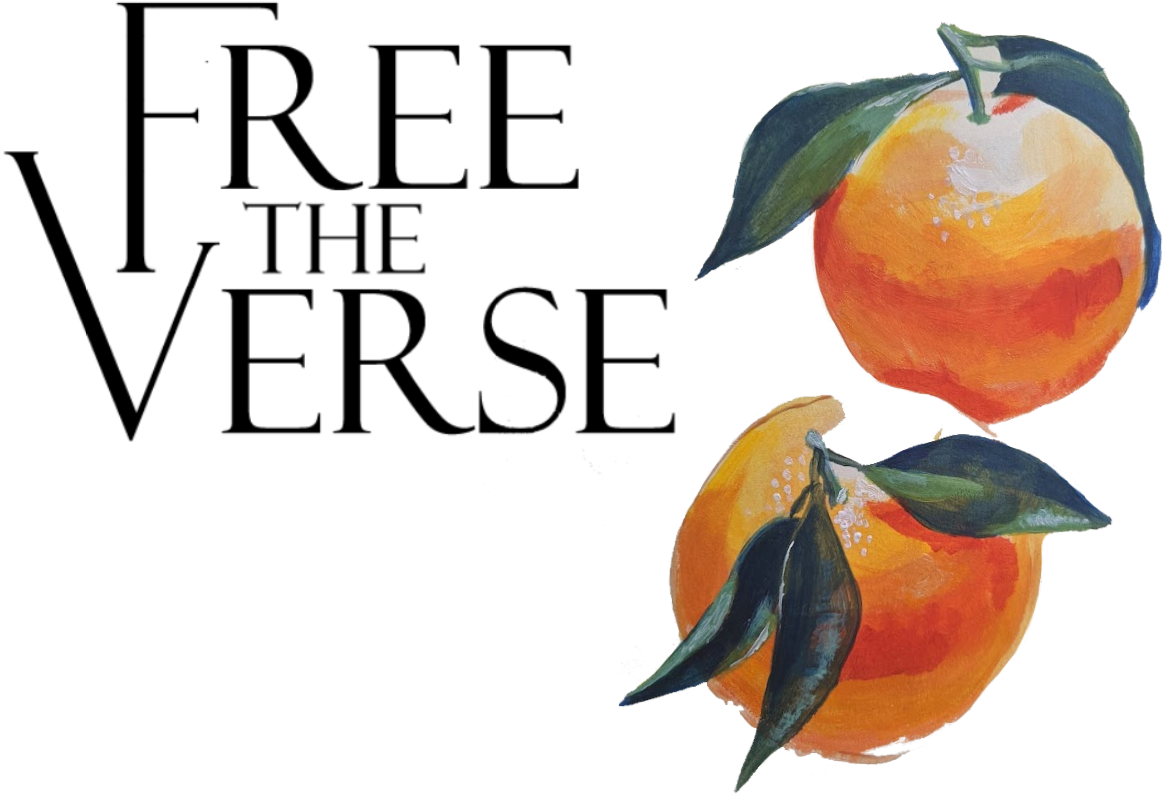Imogen Hartland on ‘Simple Creatures’
Imogen lives in Dharawal Country in Sydney, Australia, keeping company with her partner, two adventurous pre-schoolers, and Bonnie, a beautiful dog. By day, Imogen’s a data analyst, and come nightfall, she’s an aspiring picture-book writer.
Tell us about your introduction to poetry.
I first found poetry in song lyrics when I was a kid. I also stumbled across the odd poem in a magazine. When one struck me, I’d cut it out and blu-tack it to my wall.
What is a core theme of ‘Simple Creatures’, and what called you to write about it?
‘Simple Creatures’ is at its heart about feeling small—that pang you sometimes get when you glimpse the enormity of the universe you inhabit, and the forces you’re riding and fighting.
At the beach one day with my daughter, we actually did right an upended barnacle (ahem, full disclosure: that my daughter had herself upended) before crossing paths with a spear fisherman... This poem was my attempt to unpack and capture why the moment meant something to me.
Tell us about the experience of writing this poem.
This poem was brewing in my mind for a while. Like a sourdough starter subsuming the local microbes, it took on the key characteristics of my world: a smattering of the beauty and awe you experience when you share time with little kids; the responsibility; and, an omnipresent concern about climate change.
Where do you find inspiration?
I suspect inspiration finds me—she’s very stealthy and mysterious! When inspiration does strike for me, it’s often in the guise of some tiny detail; a moment that is both beautiful and meaningful in some way. I suppose to notice these details or moments it helps to ‘be present’; but thinking a lot—philosophising about what matters in life and why—is also part of the process for me. It’s a bit like patting your head and rubbing your belly, though: tricky to do both at the same time!
You have an idea for a poem. What happens next?
My poems don’t usually begin as ideas-for-poems. They tend to be borne out of an attempt to solve a problem—some confusion that needs to be untangled and sorted out. Sometimes this thought process births an almost-poem. And then at some point things shift; and I’m driven first and foremost to finish the poem itself (curiously, as a by-product, this almost always helps me sort things out!).
Where do you find community in poetry?
I like Instagram a lot, with its rabbit holes of recommendations.
Is there a poem you read over and over again?
I first read ‘The Whitsun Weddings’ by Philip Larkin at school, and it calls me back every couple of years. I love looking at the world through the window of a train—and I’m not sure if this is because, or why, this poem spoke to me…a mystery never to be solved! Meanwhile, in the last five years since my first daughter was born, I’ve read ‘Oh, the Places You’ll Go!’ by Dr. Seuss more times than I would have thought it possible to read anything; and it still blows me away.
Do you have a favourite poet?
Bob Graham—an Australian children’s book creator—is an extraordinary poet in my view. And he’s produced a trove of work to treasure. ‘Home in the Rain’ is one of my current favourites.
What advice would you give to someone new to poetry?
Be careful, it’s hard to stop!
Why do you think poetry is important?
I think poetry is important in the way it helps people share experiences of life; it sometimes feels a bit magical to me—like a periscope peering from some obtuse angle, in sharp focus, at a little something new.
Where can people find you and your work?
I’m on Instagram @i.hearts.arts.and.crafts.


